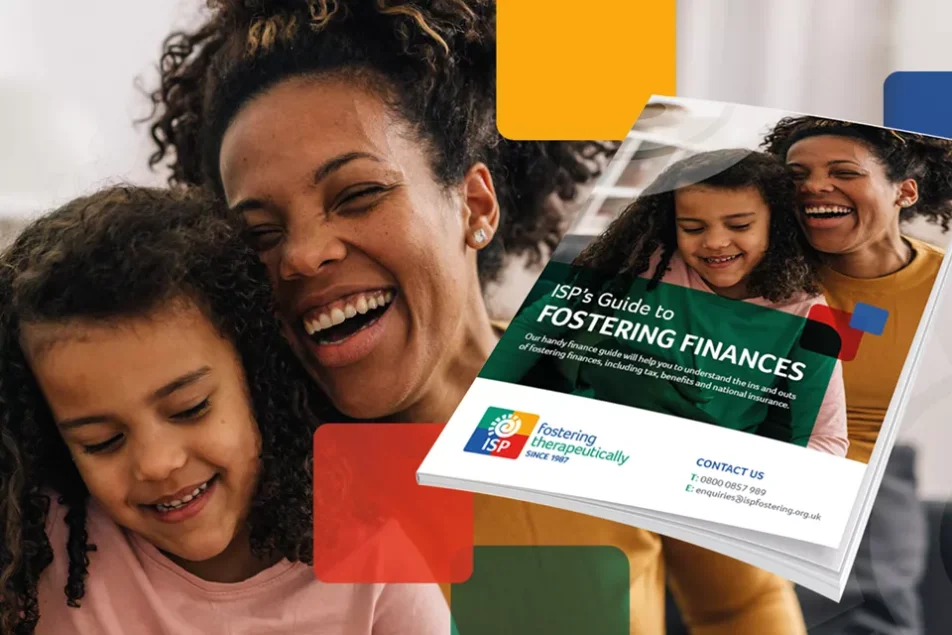
National Insurance for foster parents
If your taxable income from fostering is less than the foster carer tax allowance – meaning you’re not paying income tax – then you don’t have to pay National Insurance either. However, you may still decide to make voluntary Class 2 National Insurance contributions to secure your entitlement to state benefits in case you need to claim them in future – this includes state retirement pension, employment and support allowance and maternity allowance.
If you’re below state pension age and your taxable profit from fostering is over £12,570 for 2024/25, you’ll also need to pay Class 4 National Insurance, which is 6% of your total profit between £12,570 and £50,270, and 2% on anything above that. This doesn’t count towards your contributory state benefits.
What is Class 2 National Insurance?
Class 2 National Insurance provides foster parents with access to a range of state benefits, including:
- Basic state pension – so you can claim your basic state pension once you reach retirement age
- Bereavement benefits – if you take a break from fostering after your husband, wife or civil partner has died
- Maternity allowance – if you decide to take some time out of fostering while you expand your own family
- Contributory Employment Support Allowance (ESA) – if you’re sick and not able to foster as a result
However, your benefits may be affected if there are gaps in your National Insurance record, which is why you may want to decide to make voluntary contributions. This works out at around £2.95 per week and buys you into a full year of state pension and benefits.
If you decide to pay voluntary contributions, you’ll pay once a year with your tax bill. If you haven’t paid but would like to, you’ll need to get in touch with HMRC directly, as they won’t chase you for it.
Frequently asked questions
Yes, foster carers receive a weekly fostering allowance for every child in their care, which is generally completely tax-free.
The fostering allowance is split into two parts:
- An allowance to cover the cost of a child in care, including food, drink, clothing, utilities, activities and more.
- A professional fee awarded to the foster carer for their hard work, skills and dedication to a vulnerable child in care.
With ISP, you’ll receive a generous allowance, starting at £547 per week (higher rates within London to reflect the higher cost of living) and increasing up to £688 per week through the completion of additional training and experience.
In addition, you’ll also receive other allowances for holidays and Summer activities, as well as access to hundreds of discounts for big-name brands, such as Asda, John Lewis, Costa, New Look and more, via our foster parent reward platform, The Exchange.
Foster carers receive a £19,690 tax allowance on their annual fostering income, plus an additional weekly tax relief for each child in their care – known as Qualifying Care Relief – meaning that they can receive payments up to a certain amount, completely tax-free.
Whether you pay tax will depend on several factors, including the number of children you have in placement, the type of placement and whether you receive enhanced fees and whether you receive any other income aside from fostering.
However, in general, if you’re caring for 1 child and do not have any other source of income, the Qualifying Care Relief should be higher than the income received and therefore you will not pay tax.
The fostering allowance isn’t counted towards your income, therefore will not affect your eligibility to receive child tax credits or any other means-tested benefit.
However, child tax credits can only be claimed for your own children and not for any child within your care.
Speak to our team today
Whether you’re looking for more information or you’re ready to apply, we’re here to help you on your journey.
Enquiry Form
The company takes the requirements of GDPR seriously in ensuring the privacy and lawful processing of personal data provided to us by you. Please view our privacy notice which explains how the company will manage and use your personal data. This site is protected by reCAPTCHA and the Google Privacy Policy and Terms of Service apply.
